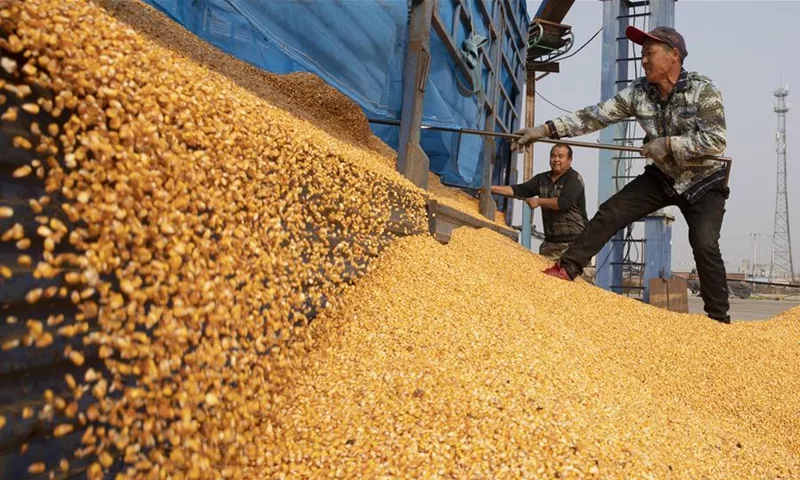In response to escalating air pollution linked to agricultural burning, Thailand, one of the world’s largest rice exporters, is set to implement a ban on corn imports from neighbouring countries.
Government spokesperson, Chai Wacharonke, has assured that the ban would comply with Thailand’s obligations to the World Trade Organisation and would be enforced following the passage of the Clean Air Act. Currently under debate by Thai lawmakers, the Clean Air Act aims to regulate various sources of pollution, encompassing activities ranging from industrial operations to agricultural practices and transportation. The decision to prohibit corn imports associated with pollution stems from the alarming deterioration of air quality in Thailand’s northern provinces, bordering Myanmar and Laos.
According to reports, recent weeks have witnessed hazardous levels of pollution with Chiang Mai earning a label of being the world’s most polluted city by the Swiss air quality monitoring platform, IQAir. This move follows earlier measures taken in Bangkok, where government officials adopted remote work arrangements to mitigate pollution levels. The pervasive smog engulfing Thai cities is attributed to a confluence of factors, including crop burning, industrial emissions, and heavy vehicular traffic, exacerbating health hazards for residents.
As Thailand takes decisive steps to address the detrimental impact of agricultural burning on air quality, this action underscores a broader global shift towards prioritising low-carbon initiatives. With the promotion of clean air becoming increasingly intertwined with climate-conscious policies, the ban on corn imports serves as a pertinent reminder of the urgent need to transition towards sustainable agricultural practices. As nations across the globe strive to reduce carbon emissions and mitigate environmental degradation, Thailand’s stance highlights the imperative for collective action to safeguard both public health and the planet’s ecological balance.

